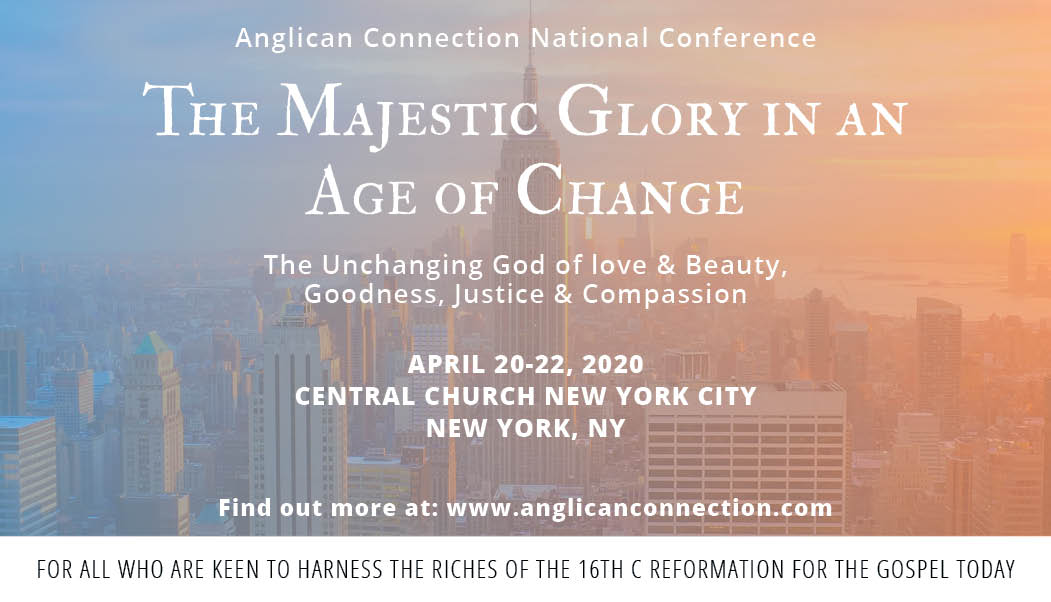In his Road to Character (Random Press: 2015), David Brooks writes, ‘…We have seen a broad shift from a culture of humility to the culture of what you might call the Big Me, from a culture that encouraged people to think humbly of themselves to a culture that encouraged people to see themselves as the center of the universe’.
He observes, ‘…In 1950, the Gallup Organization asked high school seniors if they considered themselves to be a very important person. At that point, 12 percent said yes. The same question was asked in 2005, and this time…, it was 80 percent.’ Brooks comments, ‘…As I looked around the popular culture I kept finding the same messages everywhere: You are special. Trust yourself. Be true to yourself… This is the gospel of self-trust.’
Which brings me to a fifth Coffee Conversation with your friend(s). Although I omitted mentioning it, I assume you have suggested that your friends continue to read on through Luke – specifically, chapters 10 through 14.
Again, ask if they have any questions. If you are unable to answer, speak with your minister or email me. Luke 12:13-21 is the focus of the fifth Coffee Conversation.
While David Brooks rightly identifies the rise of self-focus in American culture, it is true for Western culture in general. Furthermore, it reflects the human story as exemplified in Luke 12:13-21.
Jesus was speaking about eternal matters, when a man in the crowd burst out: “Teacher, tell my brother to divide the family inheritance with me.” The man was focused on his own interests.
“Friend,” Jesus replied, “Who appointed me a judge or an arbitrator over you? Take care,” he warns. “Be on your guard against all greed (or covetousness), for one’s life does not consist in the abundance of possessions”.
Greed stands out as a dominant feature of the human heart. We crave things that delight our senses and feed our self-worth. Jesus’s parable is a warning: “The land of a rich man produced abundantly,” he began. “The man thought to himself, ‘What should I do, for I have no place to store my crops.’
‘Me…’ He was today’s wealthy man or woman with a surging investment portfolio, the single person or couple greedy for the perfect house, the retiree with the multi-million dollar nest egg. He was someone who was blessed, but who had no personal consciousness of God in his life. Nor did he give any thought for the poor and the needy. He thought only of himself.
The first-person pronouns that Jesus uses to portray the man’s self-interest are telling: ‘My crops,’ ‘my grain,’ ‘my barns’. The man oozes self-confidence. ‘What shall I do?’ he asks.
Then he said, ‘I will do this… I will pull down my barns and build bigger ones, and there I will store all my grain and my goods. And I will say to my soul, ‘Soul you have ample goods laid up for many years; relax, eat, drink and be merry.’”
“But God said to him, ‘You fool! This very night your life is required of you. And the things you have prepared, whose will they be?’
“You fool!” What chilling words! What words for an epitaph. This man’s tragedy was that he had forgotten the rest of the proverb, ‘Eat, drink and be merry… for tomorrow we die.’ Death for him would not be put off until tomorrow. It would be tonight.
He had forgotten that his life wasn’t a gift. A day would come when the owner would insist upon its return: ‘your life, yourself, your soul will be demanded from you.’ It is the language for calling in a debt. Life is not ours to do with as we want. It is something for which we will have to give an account.
Jesus puts his finger on the real tragedy: “So it is with those who store up treasures for themselves but are not rich towards God” (12:21). God is not a kill-joy: he gives us good things to enjoy. Jesus isn’t saying that money and possessions, success and recognition are sinful. Our problem is that we spend our lives focused on ourselves without reference to God. That is the ultimate foolishness.
True riches. How important it is that we are rich towards God. We find true riches only when we genuinely turn to Jesus Christ, asking for his full and free forgiveness. For the true riches of life – love and joy, happiness and contentment – we need to pray. We can’t obtain them by our own efforts. The good news is that it is God’s delight to give them to us.
And as we begin to grow in the riches of his love, more and more we will want to put aside self-interest and put the Lord God and others first.
PS. You may want to suggest that your friend(s) read Luke 15 – 20.



